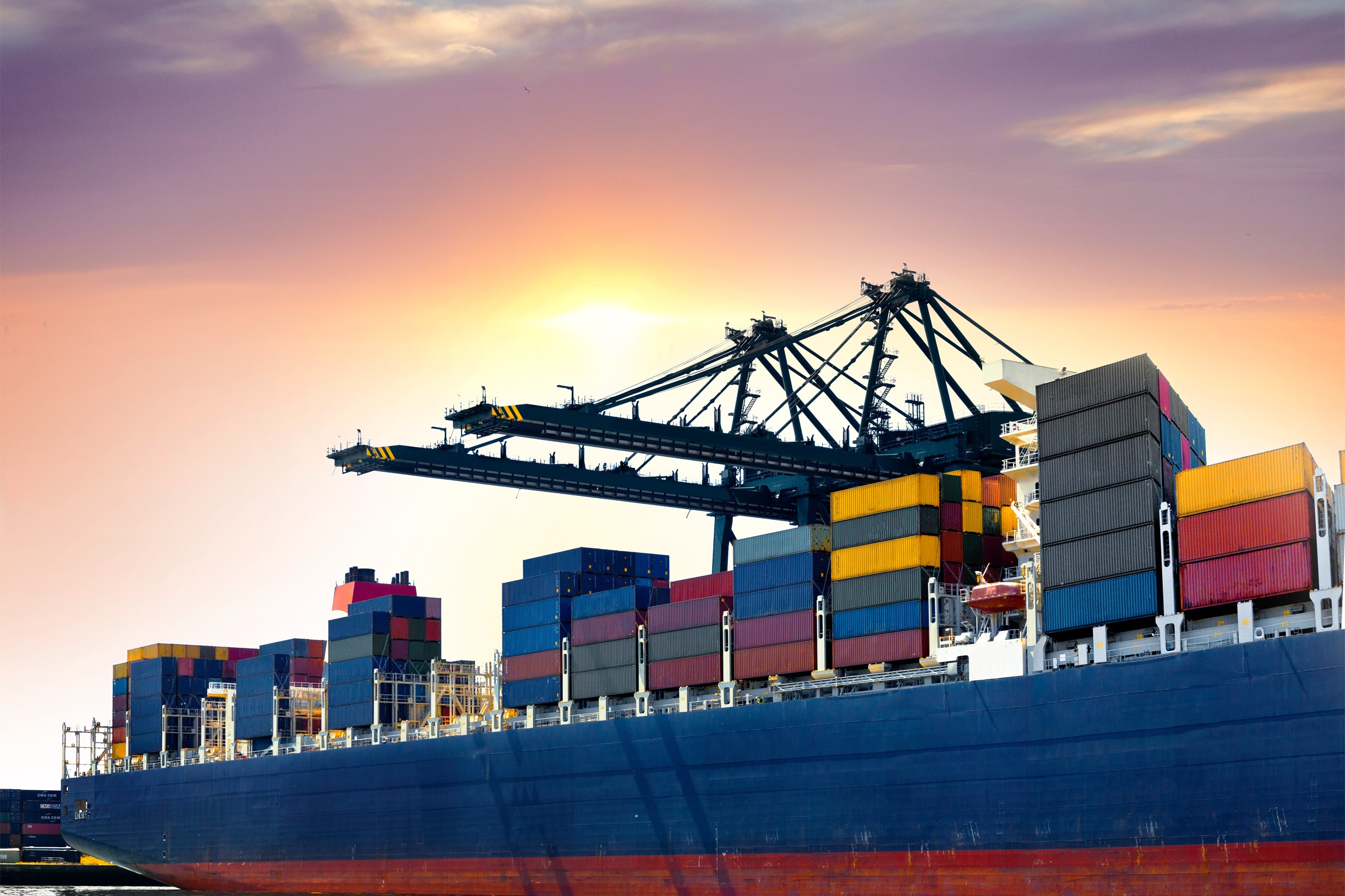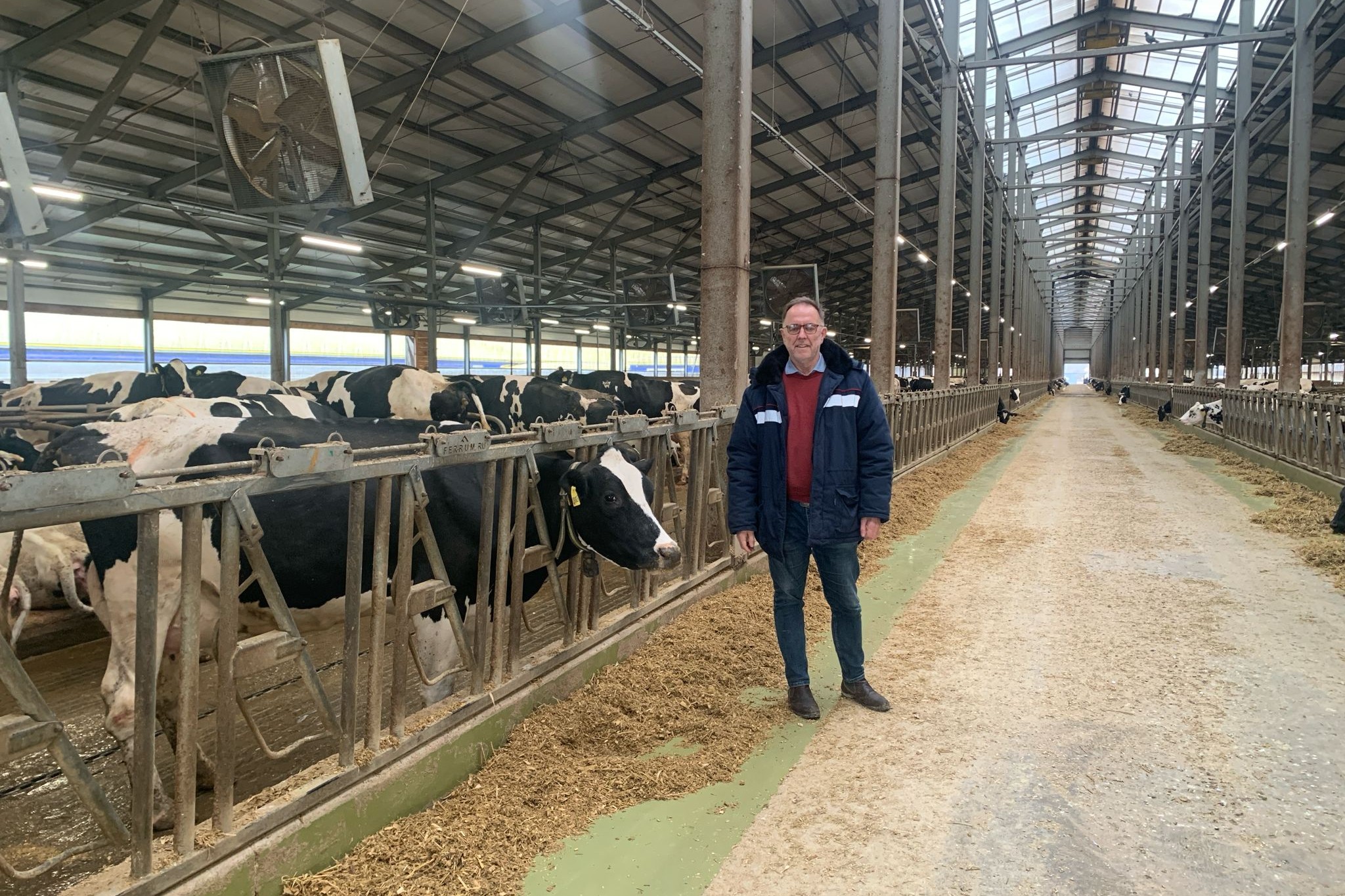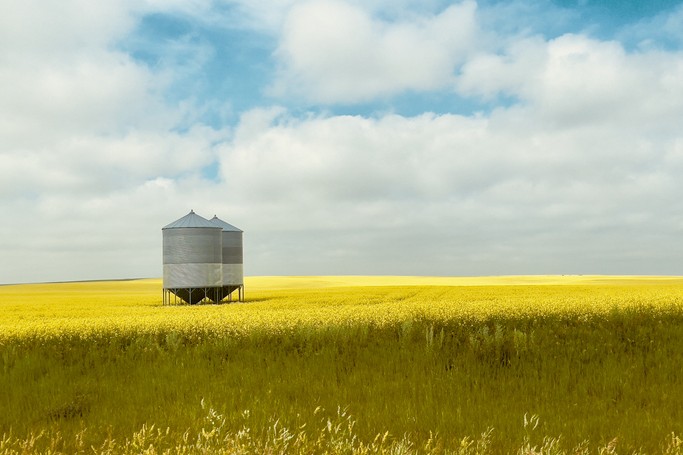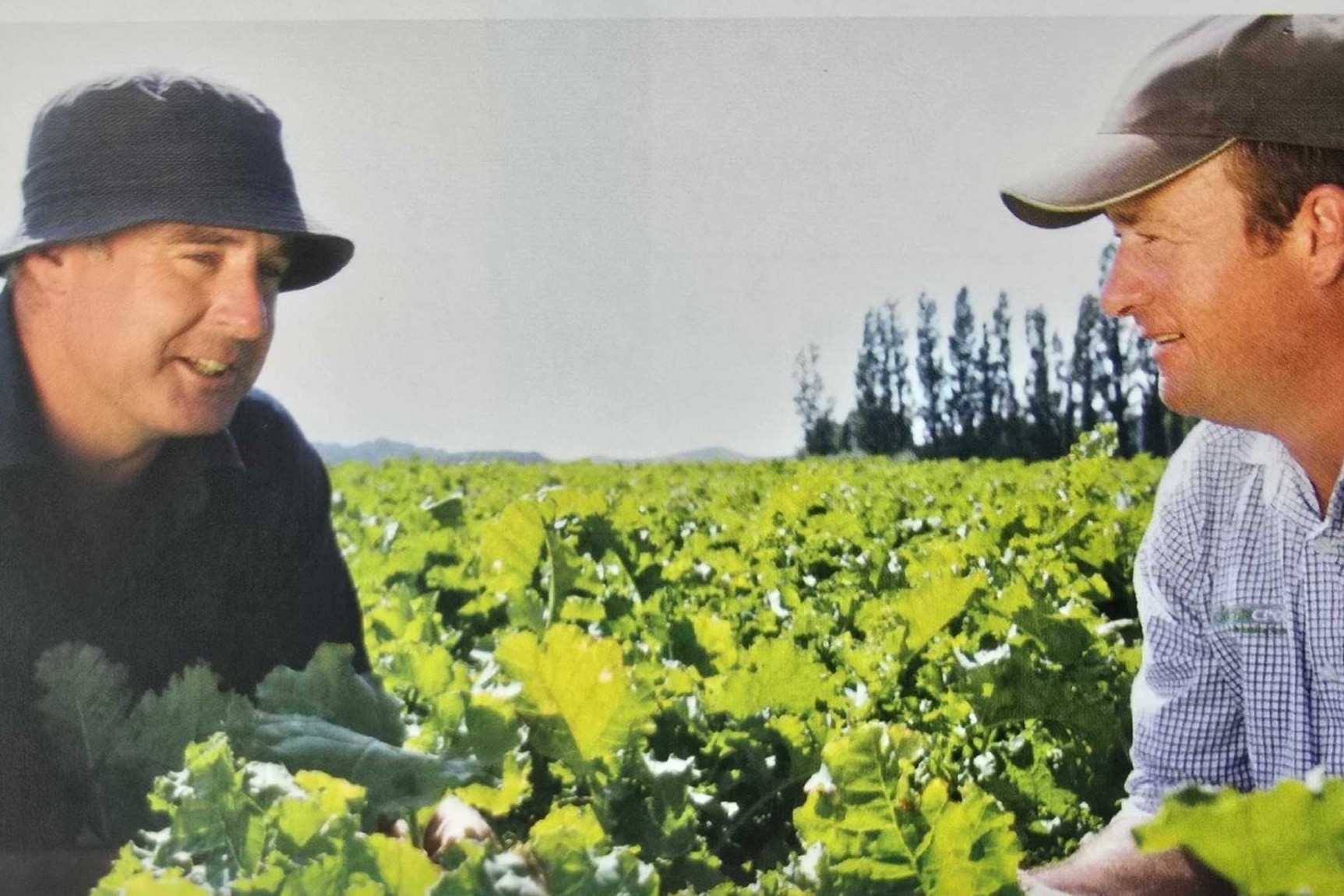Reaping the rewards
Irrespective of market fluctuations, Beef + Lamb New Zealand’s Trade Policy team continues to represent the interests of this country’s sheep and beef farmers in global trade discussions. Senior Trade Policy Advisor, Nick Jolly, says B+LNZ’s strategy is to maintain, protect and improve access into current markets and to unlock new market potential. Words by Nick Jolly, Senior Trade Policy Advisor.

The New Zealand red meat sector already has very good access into international markets as a result of previously negotiated trade agreements, with around 86% of exports covered by some sort of preferential trade agreement. The focus is now on improving that access through Free Trade Agreement (FTA) upgrades and supporting the Government’s ongoing market access negotiations.
B+NZ and the Meat Industry Association’s (MIA) biennial Barriers to Trade Report, last released in 2023, found that in 2022, NZ’s red meat exports totaled $11.8 billion in export earnings, but tariffs cost the sector $197m annually and non-tariff barriers $1.5b. This highlights the importance of addressing these non-tariff barriers to deliver improved returns to NZ farmers.
Nick says NZ is continuing to reap the rewards of previous trade deals, with tariffs into important beef markets such as Japan and South Korea gradually declining.
“Beef tariffs into Japan were 38.5% and have been declining by 2% every year to their current 22.5% thanks to the CPTPP Agreement. They will reach a floor of 9% by 2033.”
In South Korea, tariffs on NZ beef exports are now 13.3% down from the original 40% and NZ will be able to export tariff-free in this market from 2029. Nick says these tariff reductions into significant North Asian markets highlight the work that has been done by B+LNZ and MIA trade teams.
“This provides on-going benefits for beef farmers and importantly, they place NZ on a level footing with competitors in the USA and Australia.”
The UK FTA, which comes into force at the end of May, will benefit this country’s beef industry by allowing fully liberalised trade over time.
Beef exports will benefit from duty-free transitional quotas which increase from 12,000t in year one to 38,830t in year 10. By year 15 NZ will have unlimited access into this market.
Since the FTA came into force in May 2023, around $10m in tariffs was saved in the period from 31 May to 31 December 2023. It has also allowed exporters to form deeper commercial relationships with the UK.
While the EU FTA came into force on 1 May 2024, Nick says volume wise, this has not historically been a huge market for NZ beef, accounting for less than 2% of NZ’s annual beef exports as it is currently limited by small quotas and high out of quota tariffs.
The EU FTA offers some additional access, worth around $100m a year at current prices but the industry is disappointed that this did not go further, given the EU’s stated desire for the sustainable, ethically produced beef that New Zealand farmers are experts at producing.
Beef + Lamb NZ has been consulting with the Government on a possible Comprehensive Economic Partnership Agreement with United Arab Emirates
B+LNZ is concerned about the impact of the EU’s Deforestation Free supply chain regulation, which aims to ensure that products such as beef, leather, soy, timber, palm oil, and cocoa sold in the EU do not cause deforestation.
Nick says that while NZ beef is not farmed in a way that causes deforestation, NZ exports will still be subjected to onerous reporting requirements that will impact trade. “These are what we mean, when we talk about non-tariff barriers,” says Nick.
“Completely unnecessary rules and regulations that do not solve the issue at hand but have real effects on NZ farmers. If we lost access to the European Union for beef and leather products, it would negate all of the hard work done over previous years.”
Looking to the future, B+LNZ has been consulting with the Government on a possible Comprehensive Economic Partnership Agreement with United Arab Emirates and if successful, this could be good news for both sheep and farmers.




